When does free speech threaten health and safety? Where is political talk appropriate? Is it against the law for teachers to talk about politics? When does a debate become bullying? Where do we draw the line?
In the days following the 2024 presidential election, students who had supported both candidates had questions about how to express their opinions. The line between what is acceptable for students is anything but clear: what is hate speech, and when does an opinion become threatening?
In the student handbook, political discrimination is not tolerated. This means the school cannot punish anyone for their political beliefs. Nor can the school allow students to bully each other over opposing political views. But someone with differing political views and values might find it hard to avoid the mental discomfort caused when discussion turns nasty.
You can avoid such discomfort by not voicing political views, but this solution suppresses the right to free speech. Students who express their political views in harrassing ways can be considered bullying.
The student handbook bans and forbids all bullying. The law also allows schools to deny any speech that has a reasonable chance of resulting in substantial disruption of the education process, as is outlined in an article titled Regulating Political Speech in the School Setting.
The Supreme Court is ultimately responsible for what is or isn’t lawful, for teachers the regulations vary based on whether there is a need for a close working relationship between the speaker and the persons who could be affected by the speech. This may sound like it relates to teachers and students because it does, teachers and students have a very high need for a close working relationship.
Next, the appropriate time to talk about politics, this is majorly debated, especially in schools. While educators cannot stop students from talking about politics there is a time and place. As students, we should recognize our surroundings and decipher ourselves, whether we should be speaking on political matters or not. For instance, if voicing your political ideologies is going to create harm for another student or teacher you should find another outlet to express your opinion.
Ultimately we all, teachers and students need to be mindful of how we affect people around us with our words. While not everything you say has an impact on yourself, it might have a substantial effect on others. This major conflict of opinion does not have to sever relationships or cause harm to anyone. It is each and every person’s responsibility to decide whether what they’re saying is hurtful or not, and if they still choose to say it. Therefore, everyone needs to think before they speak and be considerate of everyone’s thoughts and feelings.
If you or someone you know is being bullied, please fill out the ANTI-BULLYING/HARASSMENT COMPLAINT FORM, or talk to a teacher, parent, guardian, or trusted adult.


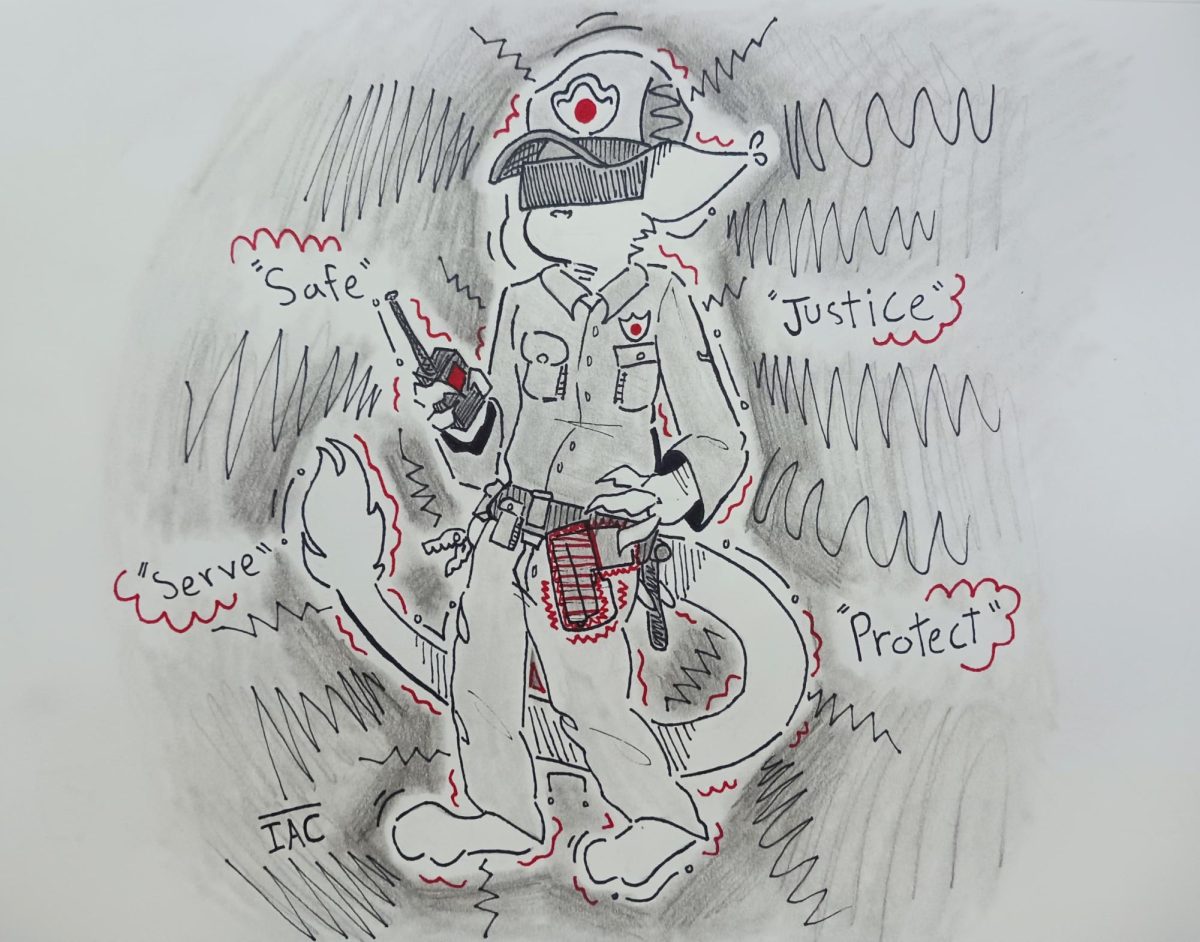
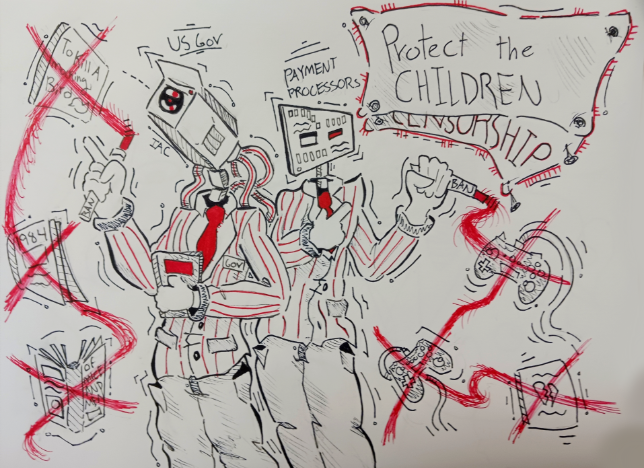
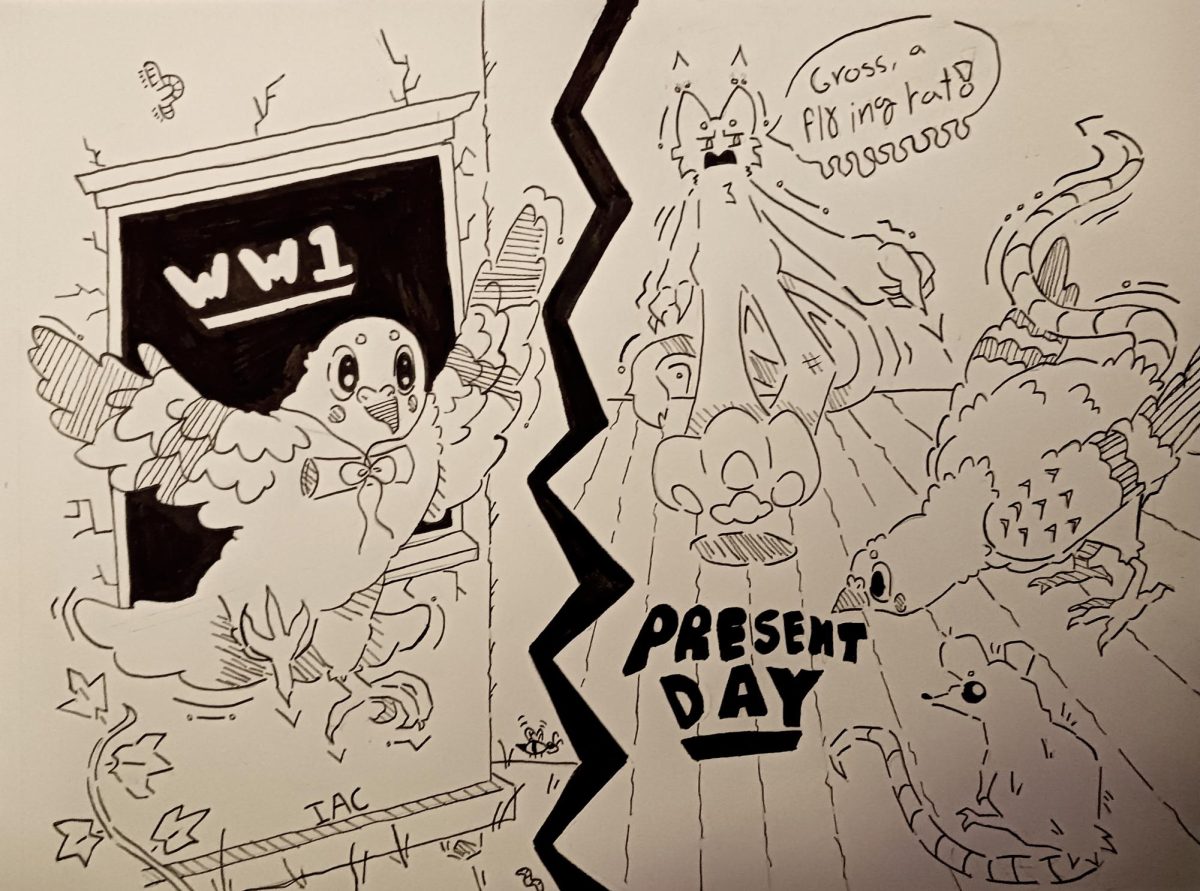
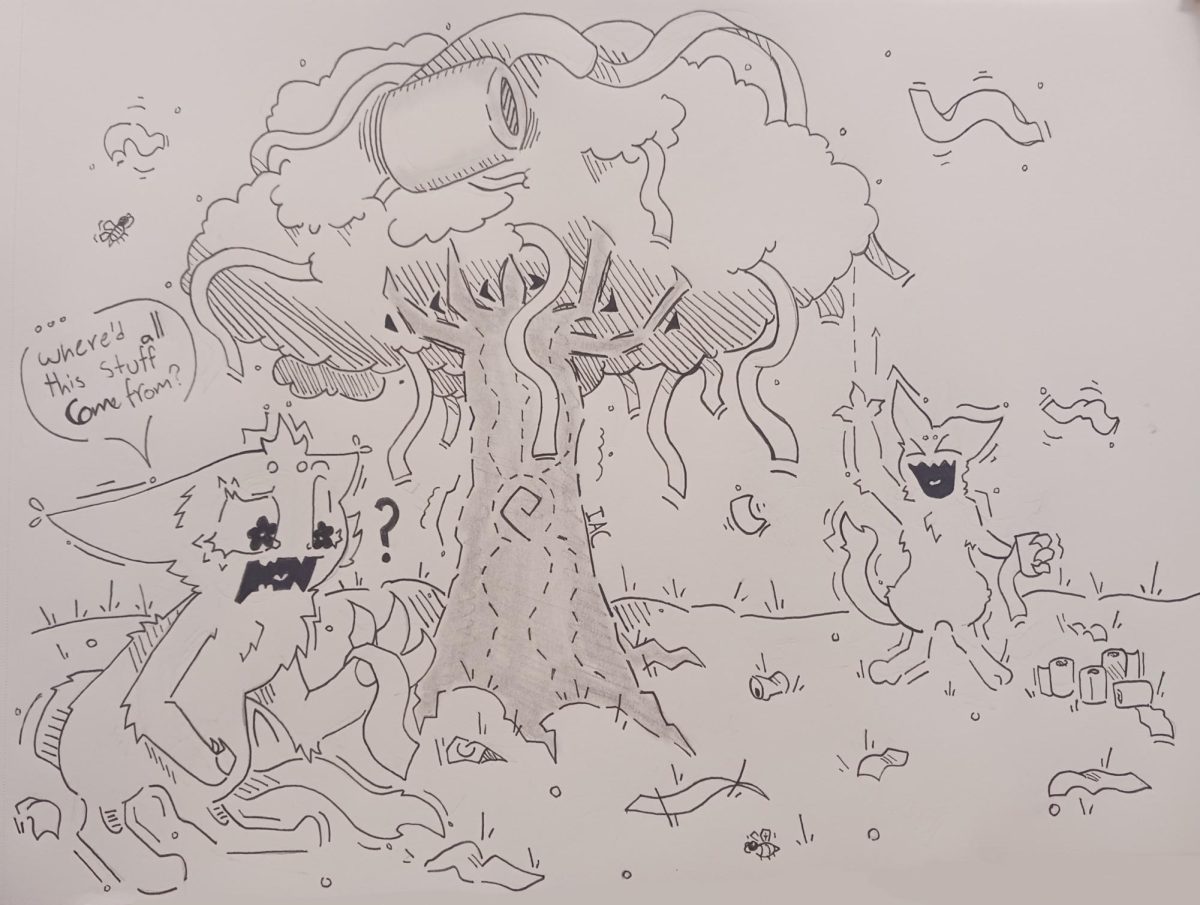
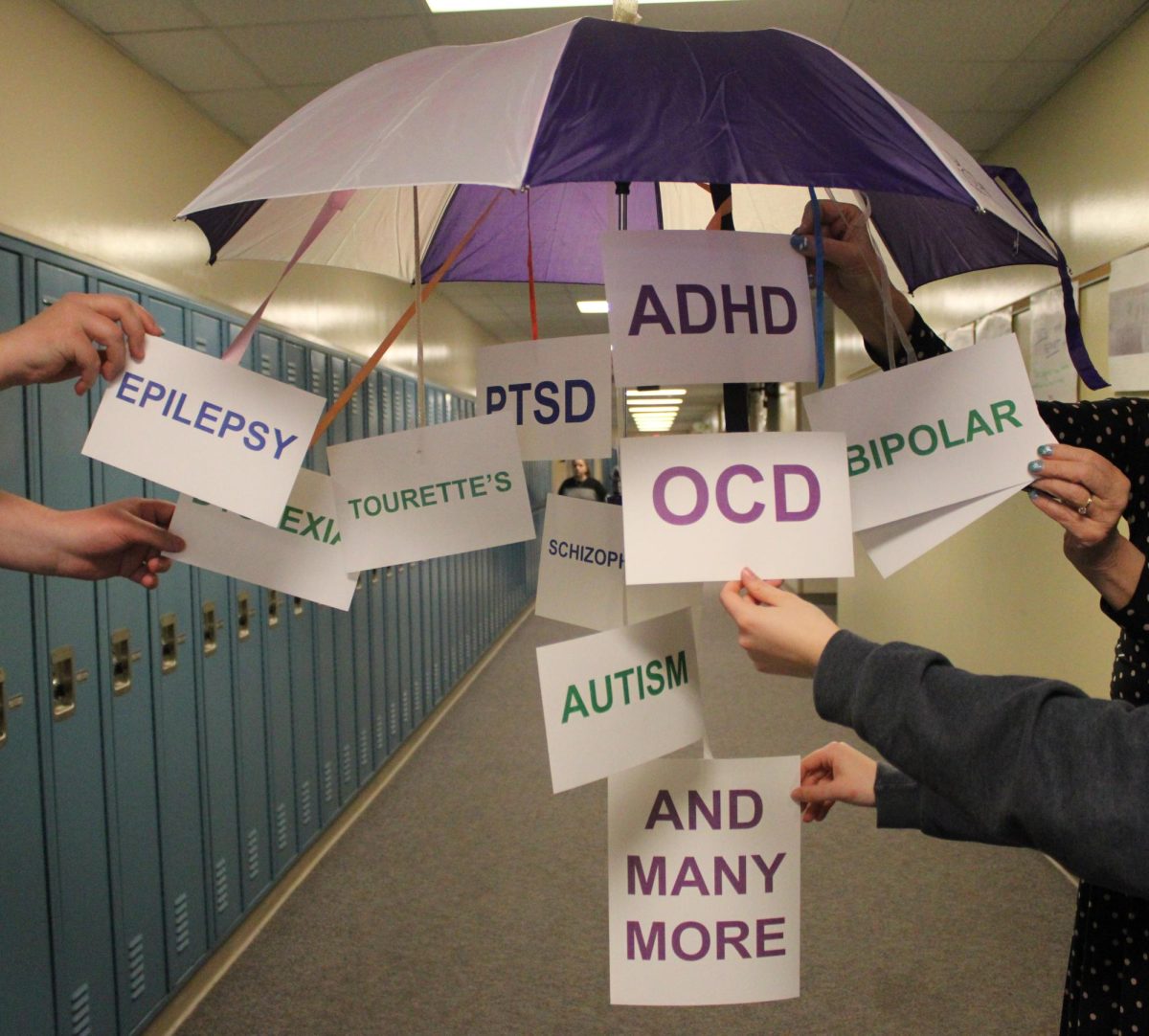
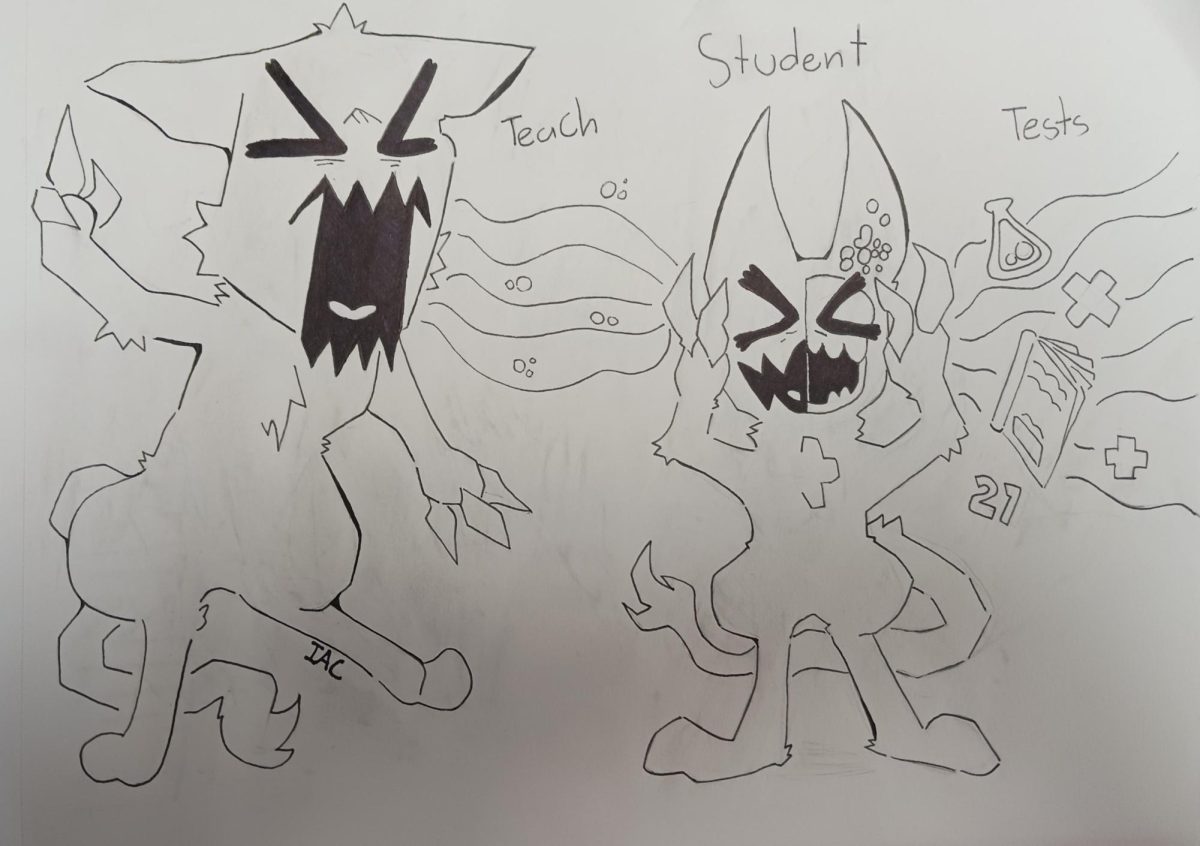

Knox McCalla • Nov 19, 2024 at 1:07 pm
This was so FIRE and SUPER good and I liked when you said, “You can avoid such discomfort by not voicing political views, but this solution suppresses the right to free speech.”